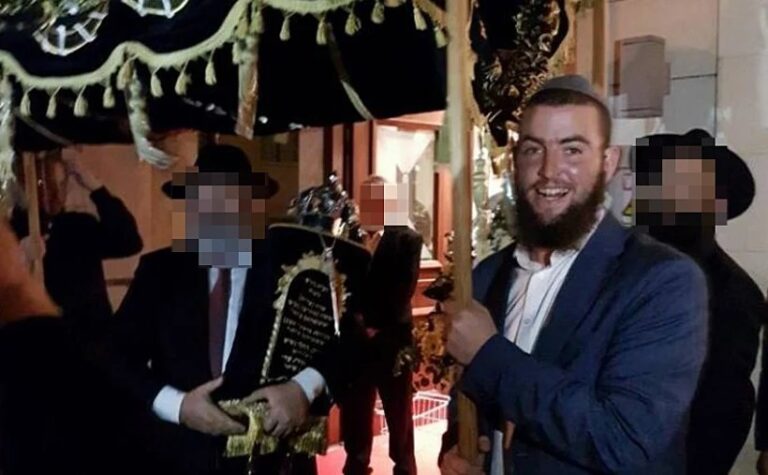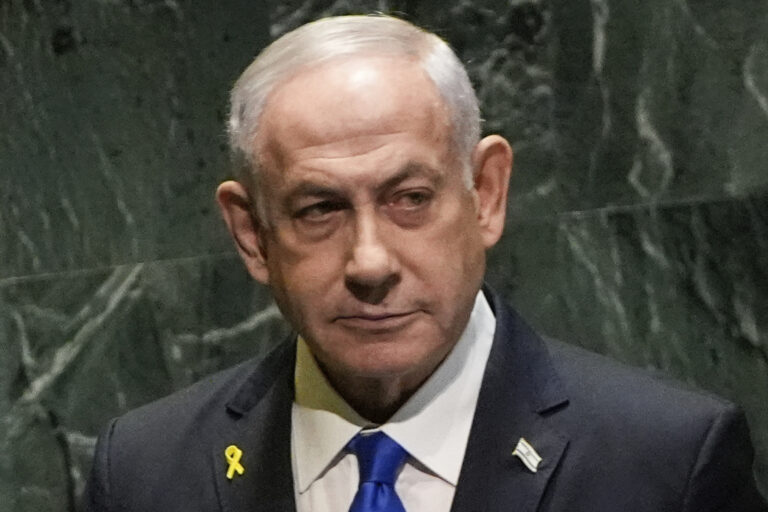 It’s a public relations win for the president-elect: Donald Trump’s company says it will donate profits from any foreign governments that use his hotels. In practice, however, the public may never know if any money changes hands.
It’s a public relations win for the president-elect: Donald Trump’s company says it will donate profits from any foreign governments that use his hotels. In practice, however, the public may never know if any money changes hands.
Trump says he is making the move to avoid the appearance that foreign governments can curry favor with him by using his hotels — including one that just opened a short walk from the White House.
“This way, it is the American people who will profit,” said Sheri Dillion, a lawyer working with the Trump Organization, as she outlined Trump’s plan for his global business empire while he’s president. The hotel-profits money would be sent the U.S. Treasury.
Yet the unusual arrangement left many ethics experts with questions about how it would be implemented, disclosed and enforced. Several panned the idea as an unenforceable PR move.
One key question was about Trump’s definitions.
The donations pledge only includes his hotels, meaning golf courses and other properties are exempt. The policy appears to apply only to “foreign governments,” — a narrow description that seems to overlook governments that use a third-party vendor to do business with Trump. (It does not apply to domestic interests, including companies that may have regulatory business before the government, or domestic lobbyists.)
And then there is the focus on “profit.” Steven Carvell, a Cornell University School of Hotel Administration professor, said it’s not impossible — but is challenging and unusual — to try to calculate “profit” on an individual room or venue rental. Typically, that’s assessed monthly or quarterly and for an entire category — such as the rooms or food and beverage department — within a property.
“It’s a monumental task to constantly run this down,” Carvell said. “Even if the company is trying its hardest and making its very best effort, it will be difficult to fulfill that goal.”
Through a spokeswoman at her firm, Morgan, Lewis & Bockius, Dillon declined to answer questions about the foreign donations pledge. Representatives of the Trump Organization did not return requests for comment, and a transition official answered select questions but requested anonymity to discuss the company’s internal policies.
The official suggested profit from foreign governments “is already accounted for as standard practice for things like competitive analysis.”
U.S. presidents are not subject to the conflict of interest laws that their own appointees must follow, but until now they have followed them anyway to set an example. Trump is blazing a different trail by refusing to give up a financial interest in his company while turning over the reins to his adult sons and a senior executive.
The policy is crafted to address the argument that Trump’s business may not break conflict-of-interest law but does violate the U.S. Constitution.
Some ethics attorneys have argued that some of his international work and foreign government guests at his hotels will put him in violation of the emoluments clause of the Constitution. The clause prohibits presidents from accepting gifts and payments from foreign governments without congressional approval.
Trump’s lawyer argues that fair-value exchanges, such as leasing venue space at a hotel, do not violate the clause.
“No one would have thought when the Constitution was written that paying your hotel bill was an emolument,” Dillon said. Still, she said, Trump was taking this step “to put to rest any concerns.”
Just since Election Day, the Embassy of Bahrain and the Kuwaiti Embassy have booked parties at Trump’s Washington hotel. The transition official said the company had not yet determined if the donations rule will extend beyond foreign governments to include other foreign actors such as members of a royal family or government-controlled businesses.
Trump and his representatives didn’t discuss how anyone might know if they’re doing what they promise.
Like other aspects of the self-imposed arrangement, that’s largely a matter of faith. And Trump hasn’t followed through on previous charity pledges, including a failure to give a promised $6 million to veterans’ organizations last year until months later when reporters asked questions about what had happened to the money.
Trump did not commit to disclosing what money was being turned over to the government. The transition official believes the donations will be made “on an annual basis.” The Treasury Department doesn’t typically report the details of donations, citing the privacy of its donors.
Andy Grewal, a University of Iowa law professor whose position that Trump’s hotels do not violate the emoluments clause was cited in Dillon’s briefing Wednesday, said the company should take steps to make clear what it’s doing. Ideally, he said, one of the major accounting firms would calculate profit on the transactions that trigger the donations and report its findings publicly.
“Once you’ve promised to turn over the profits, you have to back that up with documentation, whether you’re required to do that or not,” he said.
The government first established an account to accept gifts and bequests in 1843. The Treasury Department will accept contributions via credit card, debit card, checks and even PayPal. In fiscal 2016, people donated $2.7 million to reduce the debt, an impressive gesture but hardly a scratch on the $14.1 trillion publicly held debt, according to Treasury Department figures.
(AP)











2 Responses
Media bias here we come!! If Trump will feed all the starving people in the world, make world peace, find a cure for cancer, the media will find a way to make him look negative! SICK AND TIRED OF AP, CNN, MAIN STREAM MEDIA GARBAGE!
This article barely scratches the surface of the absurdities of these so called “ethical walls” and conflict protections. The lawyers at Morgan Lewis are the biggest losers since they have lost much credibility in lending their names to this farce.